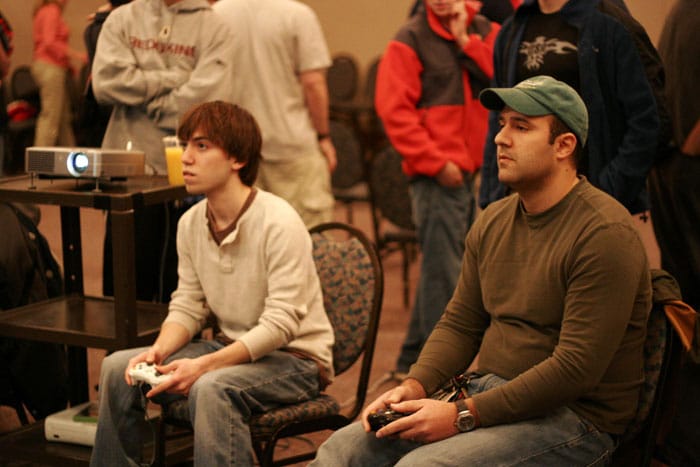Online gaming has grown exponentially over the last few decades, becoming a significant part of our digital culture. At the heart of this growth are the compelling psychological mechanisms that motivate players and reward systems that keep them engaged. This article explores the intricate psychology behind online gaming, focusing on the elements that fuel motivation and reward systems that have revolutionized this entertainment form.
The Motivation Behind Online Gaming
To fully understand the online gaming phenomenon, we must first delve into the motivational factors that draw people into this virtual world.
Intrinsic Motivation
Intrinsic motivation refers to engaging in an activity purely for the enjoyment and satisfaction it brings. Online games, with their creative narratives and challenging missions, offer an immersive experience that sparks interest and curiosity. For example, a strategic game like Spider Solitaire Two Suits offers not only fun but also intellectual stimulation, as players must use tactical thinking to win.
Extrinsic Motivation
Extrinsic motivation refers to participating in an activity to earn external rewards or avoid negative consequences. In online gaming, this could be earning virtual currency, reaching a higher level, or gaining social recognition from peers.
The Role of Competence and Autonomy
The concepts of competence and autonomy are fundamental psychological needs that influence human behavior, including online gaming.
Feeling of Competence
Online games often provide players with challenging tasks that, once accomplished, induce a sense of competence and achievement. Overcoming game levels or mastering complex strategies boosts self-esteem, providing a psychological reward that motivates players to continue gaming.

Autonomy in Decision-Making
Online games offer players the autonomy to make decisions that impact the game’s outcomes. This autonomy, combined with the capacity to explore alternative game strategies, fosters a sense of personal control and freedom, thus enhancing intrinsic motivation.
Reward Systems in Online Gaming
Reward systems in online gaming are meticulously designed to sustain player engagement, often making use of principles from behavioral psychology.
Immediate vs Delayed Rewards
Online games cleverly balance immediate and delayed rewards to keep players hooked. Immediate rewards, such as points or virtual goods, provide instant gratification. Delayed rewards, as found in gin rummy, require consistent effort over time, creating a sense of anticipation that can motivate long-term engagement.
Variable Ratio Rewards
Many online games employ variable ratio reward systems, similar to slot machines. Players receive rewards at unpredictable intervals, which creates excitement and can lead to highly engaging (and potentially addictive) behavior. This unpredictability taps into our natural curiosity and love for surprises, reinforcing continued play.

Social Interaction in Online Gaming
The social aspects of online gaming also contribute significantly to its appeal. Through collaborative quests or competitive gameplay, players can form meaningful relationships with other gamers worldwide, satisfying their need for social interaction.
Cooperative Gameplay
Games that encourage cooperative gameplay promote camaraderie and teamwork. Completing shared objectives or overcoming challenges together can foster a strong sense of community and mutual achievement.
Competitive Gameplay
On the other hand, competitive gameplay fulfills the human desire for competition and status. Achieving high scores, winning matches, or ranking on leaderboards can earn players recognition within the gaming community, further motivating them to improve their skills.
Conclusion
The psychology of online gaming is a fascinating blend of intrinsic and extrinsic motivations, feelings of competence and autonomy, complex reward systems, and social interaction. The potent mix of these elements creates an engaging and satisfying experience for players, explaining the immense popularity and staying power of online gaming. As gaming technology evolves, it’s likely these psychological principles will continue to shape how games are designed and experienced, maintaining the allure of this powerful medium.













Leave a Reply